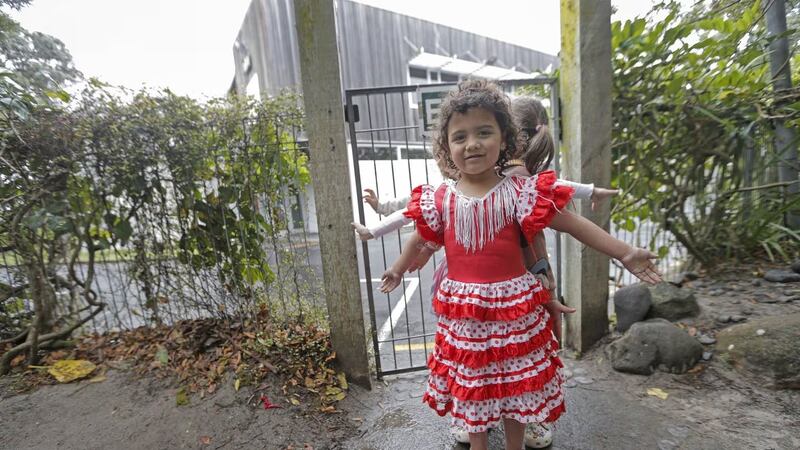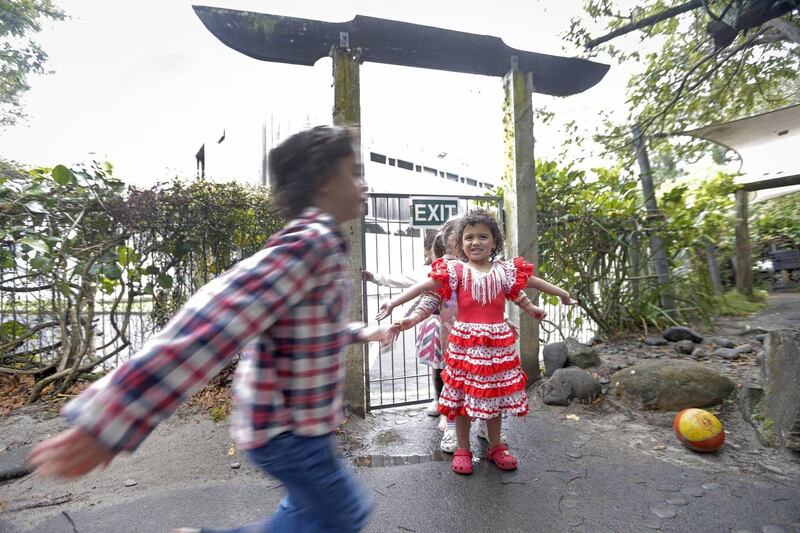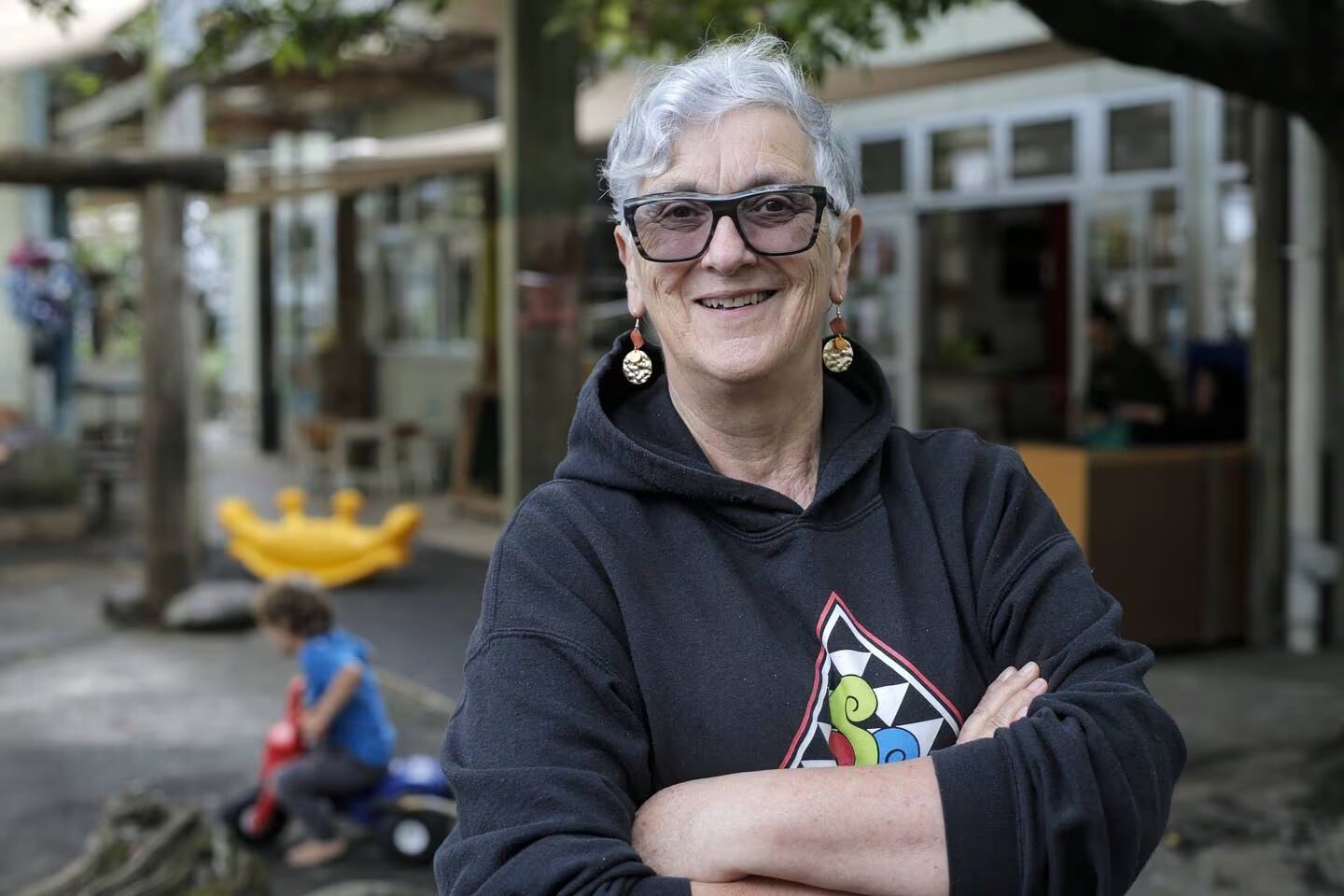The password is forever changing.
And it seems the more you try, the harder the code is to crack.
As you make your way to leave Te Puna Kōhungahunga at Auckland University’s Epsom Campus, tamariki line up like guardians of the gate, arms and legs outstretched to block your way, and call out with a sort of impish authority: “What’s the password?”
“Icecream?”
“Nooo!” comes the response.
“Hedgehog?”
Noooo!” it comes again.
“I don’t know. Popcorn?”
“Noooo!”
The game lasts as long as the adult is happy to engage and usually ends as another adult arrives on the other side and the tamariki abandon their post long enough to let you slip out.

It’s a game that has no doubt been played over and over in the 19 years the puna reo has been at the site. But with the campus closing this year and the puna reo being told it had to vacate the site by March, there was a fear among whānau and staff the magic may be coming to an end.
However, in a Christmas-comes-early development, the university has allowed the puna reo to stay at the site until April 2025, but as an independent operator rather than under the umbrella of the university.
The news last week was welcomed by centre manager Karen Liley, a kaiako (teacher) at the puna reo for most of its 19 years. She and whānau members had been busy exploring ways it might be allowed to stay at the site while at the same time looking for a new home.
Liley knows the value whānau place on having a learning environment with a focus on te reo for preschoolers and the hole that would have been left if the puna reo had been forced to close.

“The thing is, there’s nowhere else for our tamariki to go to get what their whānau want for them in this rohe [area],” she says.
“There’s a crisis in Māori education — there are not enough teachers, there are not enough kōhanga reo and there are not enough puna reo,” she says.
Puna reo are the close cousins of kōhanga reo, with both having a focus on tikanga and the teaching of te reo Māori, a main difference being that puna reo are teacher-led with whānau input, while kōhanga reo are whānau-led.
The Epsom puna reo was set up in 2004 to take the tamariki of staff and students at the campus but has increasingly taken public enrolments. That has provided a pathway for whānau wanting bilingual or total immersion education for their children.
The University of Auckland is closing its Epsom campus and the Faculty of Education and Social Work is relocating to the university’s central-city base. The 15ha on which the Epsom campus has sat for the past 100 years is to be sold, and Ngarimu Blair, deputy chair of Ngāti Whātua Ōrākei Trust, last month told the Herald that the local iwi was “keen to acquire as much of the site as possible”.
Whānau had launched a campaign to save the puna reo and in a petition on Change.org they outline the important role it plays in their cultural lives. The petition states the puna reo is “a valuable space for whānau to either reconnect with their Māori heritage or embark on a journey of learning and understanding te ao Māori”.
Liley says with the site secured until early 2025, the next step is to set up a charitable trust to operate the puna reo.
With its punga trunk-and-thicket-lined fence surrounded by established trees from where kereru often perch looking down on the tamariki below, the centre has a sense of childhood magic about it.
Liley knows she will be hard-pressed to find something so suitable in such a central location. But she’s looking, while happy to be able to stay at the site for a while yet.


